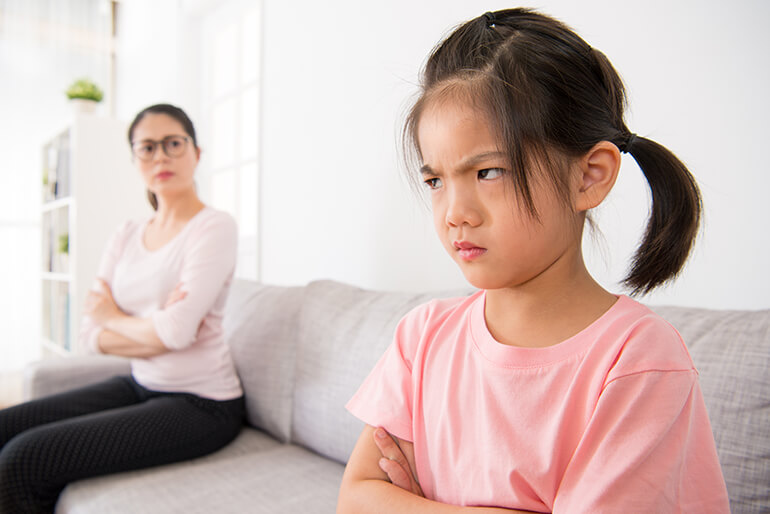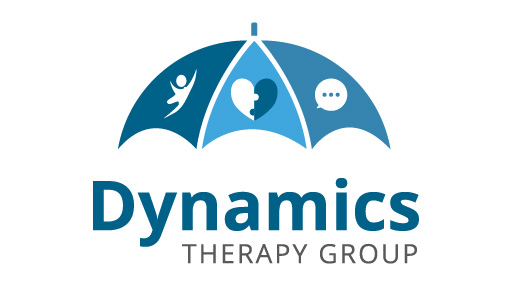
Unhelpful habits such as perfectionism, avoidance, procrastination, etc. are strategies that help to cope in the short-term, but which make one more vulnerable to stress. Changing habits in one self is a very gradual process. We can also replace the word “Changing” into “Modifying” i.e. adapting different approaches to deal with life challenges. It can be addressed by “Self-help” approaches and a person can also seek professional treatment. Developing “Self-efficacy, i.e. the belief that ‘I can do it!’, or ‘I can come out of this phase successfully’ is very important.
The habits or behavior patterns are related to our cognitions including attitudes and beliefs, and social factors. Adapting positive behaviour will enable individuals to deal effectively with the demands and challenges of everyday life. Counselling at the individual and group level is the next step. This can take many forms, such as encouraging the individual to talk about their experiences and emotional state, and giving them time to deal with their challenges efficiently.
Our ability to cope depends on how well we are prepared to deal with and counterbalance everyday demands, and this helps to keep equilibrium in our lives. There are certain skills that help in overcoming unhelpful habits and can be learned and even improved upon:
- Assertiveness
- Time Management
- Rational Thinking
- Improving Relationships
- Self-Care
Author: Pankhuri Pilania – Counselling Psychologist

